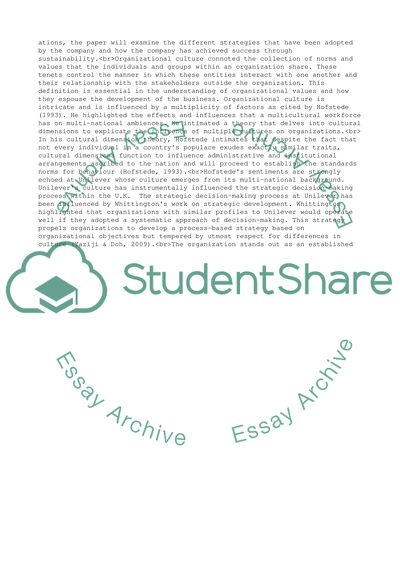Cite this document
(The influence of Unilever's culture on business strategy in the UK Literature review, n.d.)
The influence of Unilever's culture on business strategy in the UK Literature review. https://studentshare.org/business/1846498-the-influence-of-unilevers-culture-on-business-strategy-in-the-uk
The influence of Unilever's culture on business strategy in the UK Literature review. https://studentshare.org/business/1846498-the-influence-of-unilevers-culture-on-business-strategy-in-the-uk
(The Influence of Unilever'S Culture on Business Strategy in the UK Literature Review)
The Influence of Unilever'S Culture on Business Strategy in the UK Literature Review. https://studentshare.org/business/1846498-the-influence-of-unilevers-culture-on-business-strategy-in-the-uk.
The Influence of Unilever'S Culture on Business Strategy in the UK Literature Review. https://studentshare.org/business/1846498-the-influence-of-unilevers-culture-on-business-strategy-in-the-uk.
“The Influence of Unilever'S Culture on Business Strategy in the UK Literature Review”. https://studentshare.org/business/1846498-the-influence-of-unilevers-culture-on-business-strategy-in-the-uk.


